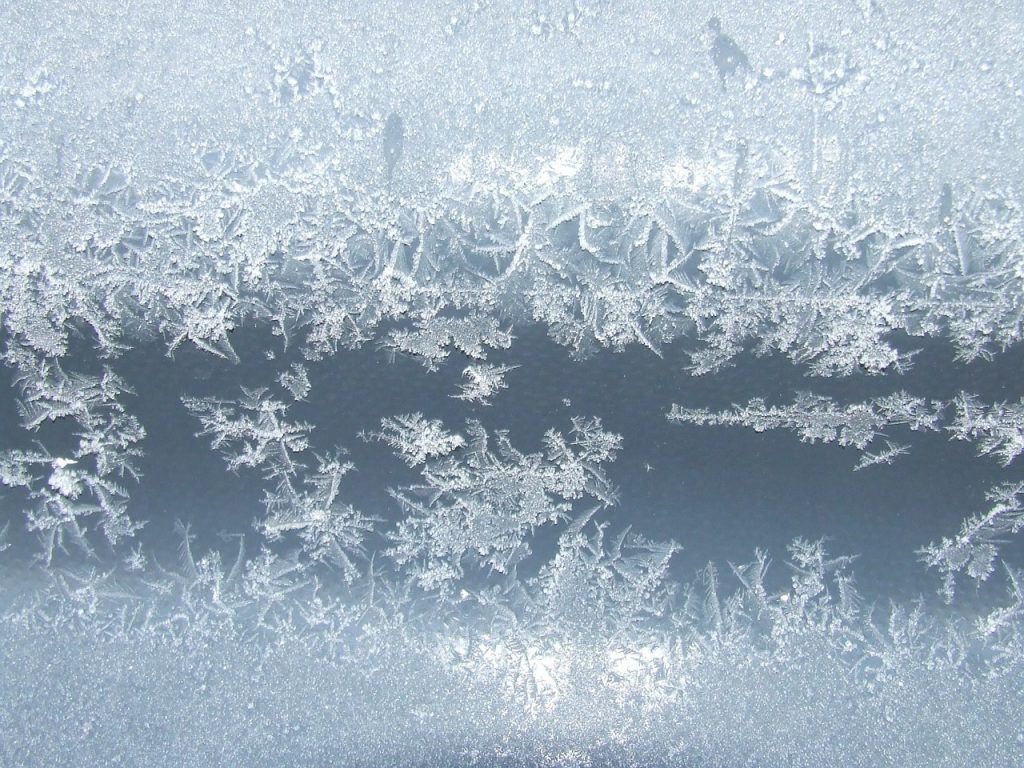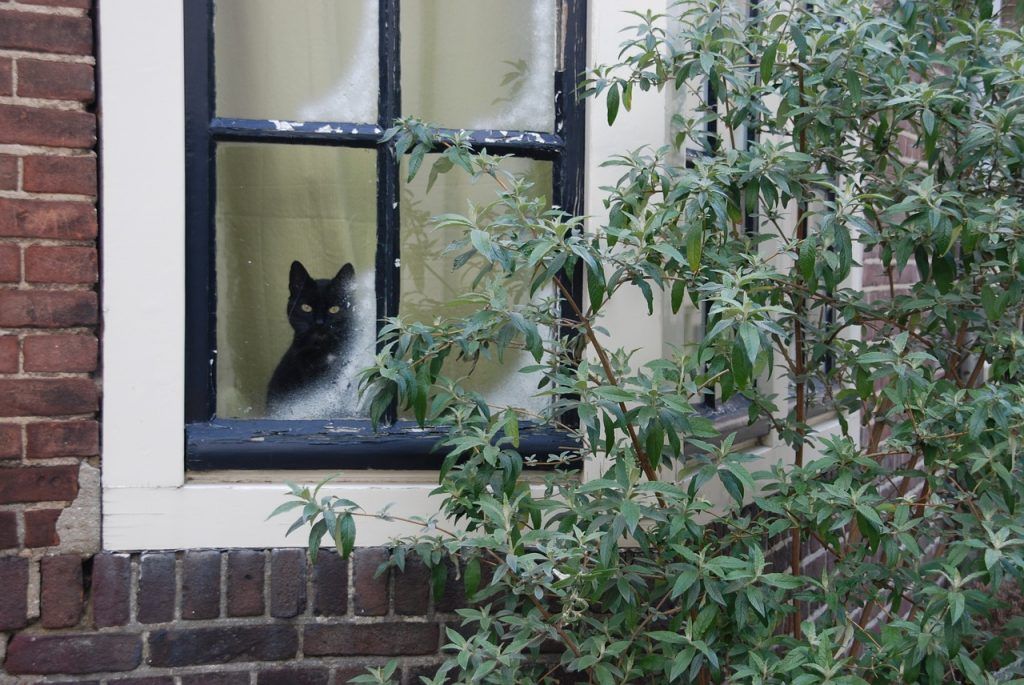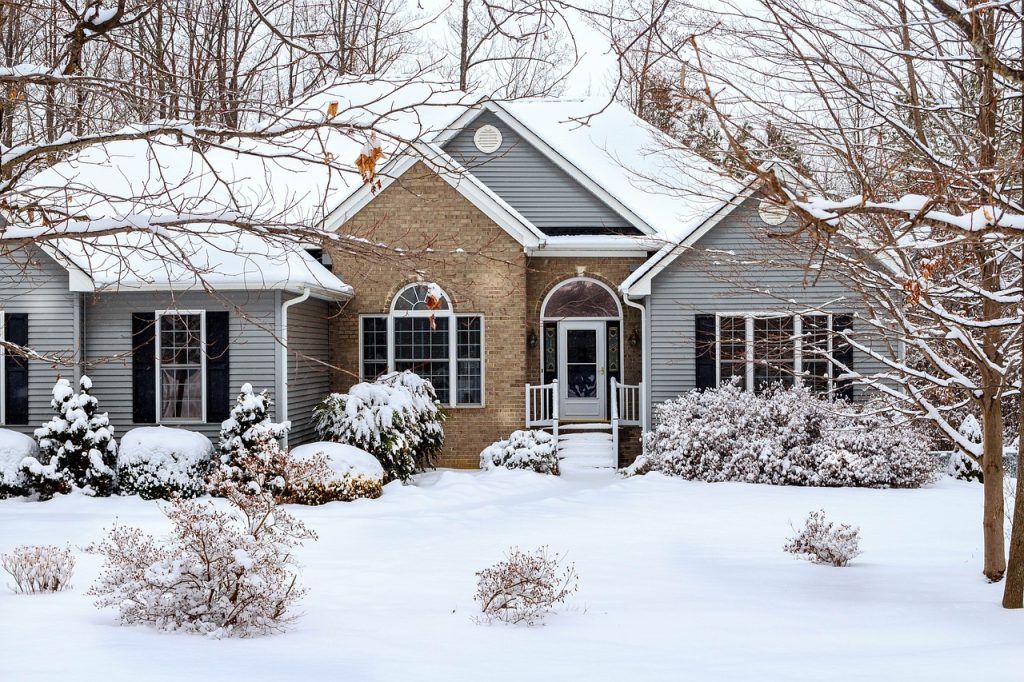
When the winter season comes around and the air begins to grow cooler, problems with glass doors and windows typically reveal themselves. Conditions that only cause minor warm drafts in the warmer months of the year can end up being serious problems in Markham and southern Ontario winter seasons, as the cold and wetness do something about it on the glass, metals, wood, and plastics that make up your doors and windows.
Even if your windows do not fail you completely in the winter, it’s not uncommon for improperly fitting, poorly constructed, harmed, or old windows to develop all ways of bothersome problems during the winter season. Here are a few problems to keep an eye out for and your options for each.
Condensation
Without specialized doors and windows, it’s often impossible to prevent some condensation when the temperature exterior is significantly chillier than the temperature inside, however, extreme condensation can be indicative of a genuine issue.


For instance, large amounts of condensation may suggest gaps around the window or perhaps in the glass, allowing cold, damp air into your house.
Of course, this can also be indicative of issues unassociated to your windows, such as extreme indoor humidity, which would best be dealt with by an HVAC professional.
Leakages
Often you don’t require condensation to tip you off to leaks; often the first problem you notice is a leak in your glass door or window, permitting freezing streams of air into your home. This is, naturally, a major hit to your energy performance and comfort at any time of year, not just the winter season. Drafts without an apparent source might also be an outcome of old windows with glass that lacks insulating residential or commercial properties; this can take place as heat leaks straight through the window to outside, leaving the air inside cold.


Insulation
Do your power costs escalate when the weather condition gets cold, regardless of excellent insulation in your walls and an efficient heater? Then your windows or doors might be costing you huge, particularly if they feature older glass panes without the insulating homes of a modern-day style. Luckily, this problem is quickly solved with an easy replacement of the upsetting window or door, however, unfortunately, there’s no simple DIY fix for this problem; you’re going to need an expert.
Moisture damage
If your windows are dripping cold air or humidity, or if they’re straight allowing water or snow into your home, then you’re at danger of significant damage around the frame and nearby parts of your home. Even without complete leakages of water, enough humidity building up in the wood and plaster around your doors and windows can trigger dramatic water damage, warping, molding, and rotting anything it touches.
Be particularly alert to water around your windows in any kind, and pay close attention to wood and other susceptible materials if you presume you may have a leaking window or door.
This can be solved by carefully controlling the humidity in your house, however, your safest and smartest option will be to enhance the weatherproofing of your windows, most likely through a full replacement with more modern designs.
Parting Thoughts
Great windows suggest a world of distinction for your home’s wellness in the cold months of the year. Improperly sealed and insulated windows do not just run up the power expense as you run the heater an extra number of hours each day; they can trigger severe damage far beyond the expense of updating your entrances and windows. Make certain you spot these little issues before they become huge ones.
